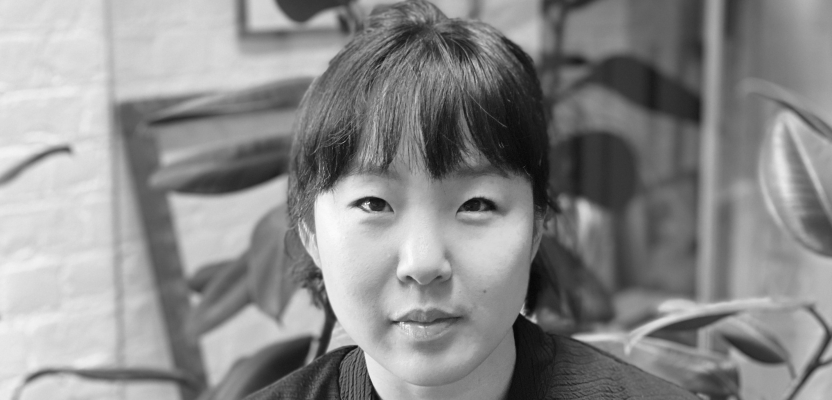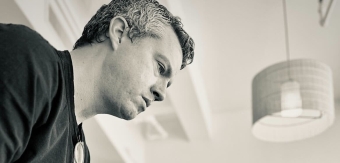In this insightful interview, we dive deep into the professional journey of Kimi Gilbert, a Managing Partner at Future Factory, a leading business development consultancy in London. With a career that spans over a decade at Future Factory, Kimi shares her experiences, challenges, and triumphs, offering a candid look at what it takes to succeed in the dynamic world of business development.
Tell us a bit about your role! Is there a “typical” day?
There are four Managing Partners at Future Factory London. Collectively we’re responsible for running and growing the business, although our focuses are all slightly different. I look after internal Training & Development, which includes training for new starters and the ongoing development of established team members.
We’ve got a fantastic 3-person Training & Development Team that reports into me – I feel very lucky to work with them. One of the things I love most about my job is that there’s no such thing as a “typical” day – every single one is a little different.
What was the biggest challenge in getting to your current position?
I’ve been at Future Factory since the very beginning. Over the years I climbed the ranks, becoming Managing Partner in 2020. Spending almost my entire career at the same company has been challenging at times, although ultimately rewarding in the long run. We work in an industry where people change jobs often.
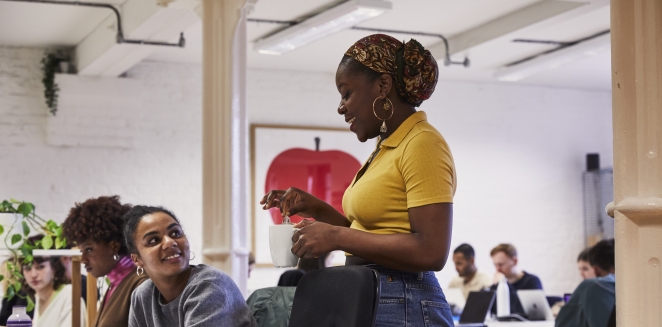
Over the years, I’ve seen a lot of friends and colleagues come and go, leaving me to wonder if I should do the same. Luckily I never lost my faith in the business and what we were trying to achieve. It was this belief in the business and its people that kept me here.
What is your personal background and what role did it play in your career?
I was born in South Korea and was adopted by a white, American family when I was little. I grew up in the States and have been living in Europe for the last 20 years (Germany, Austria and the UK). Being an adoptee and living in different countries are two truly unique experiences.
They’ve shaped me in a big way, making me adaptable and adept at connecting with all kinds of people. These attributes have helped me throughout my entire career, both in terms of rolling with the punches and being able to have positive relationships with people who are different to me.
What is your biggest career-related win? What is your biggest loss?
My biggest win isn’t something I can take credit for as it was the result of a lot of hard work by a lot of people, but I’d have to say it was when Future Factory was acquired by Ingenuity last year.
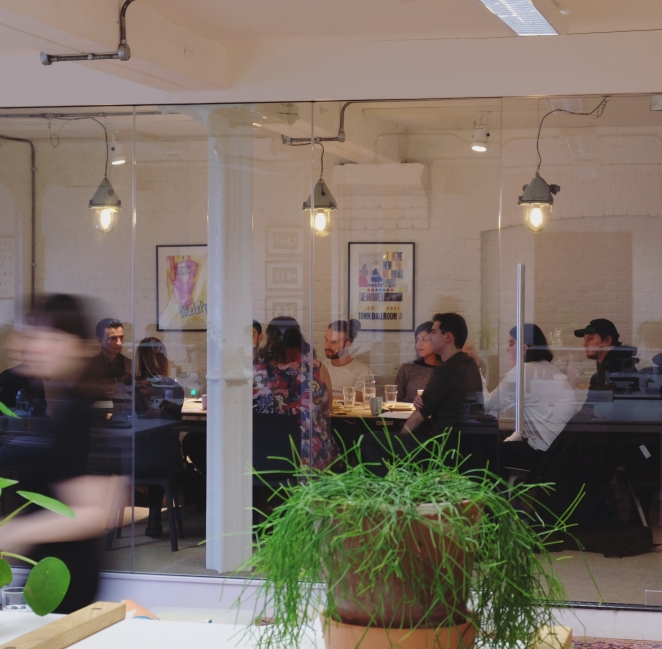
So many companies dream of being acquired and very few actually do it. My biggest loss has been when we haven’t been able to retain top talent. I’m always excited for my team and proud of them when they move on but there have been a few over the years that I regret not being able to keep.
Which individuals and/or agencies do you gain inspiration from? Do you have any heroes in the industry?
I’ve had the pleasure of working with some incredible agencies and incredible people over the years. I’ve gained inspiration from so many of them, too many to list here! In terms of my heroes, it’d have to be my fellow Managing Partners at Future Factory.
Lucy Young, Sam Wheatman and Peter Barton are wonderful colleagues (and friends) – I’ve learnt loads from them and I feel grateful having them by my side as we look to grow the business post-acquisition. Navigating change is always a bit tricky and I can’t imagine having better people around me.
If you could go back to your teenage years, would you have done things differently? Do you have any regrets?
I wouldn’t actually change a thing if I could go back because if I did, it would have a knock-on effect on everything that came after. I’ve made a lot of mistakes throughout my life and I know I’ll make many more, but it’s all part of being human and evolving as a person.
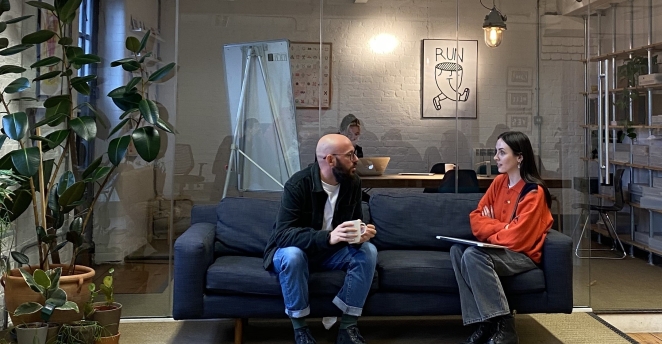
Looking back, a lot of my biggest mistakes ended up being my biggest opportunities to learn and to grow. I did make some unfortunate sartorial choices, but the 90s grunge look is coming back in a big way so even that I don’t regret!
If you weren’t in your current industry, what would you be doing?
I’ve had a lifelong love of learning and a passion for academia so if I weren’t running a business in the creative industries, I’d be a Professor of History. When I graduated from uni, my professors and parents were surprised I didn’t go down this route, but I was burnt out from studying and couldn’t imagine doing a PhD.
Luckily, even though I didn’t become an academic, I’ve been able to incorporate learning into my role at Future Factory by training agencies through the Design Business Association, the Institute of Practitioners in Advertising and the Advertising Producers Association.
What’s your one big dream for the future of the industry?
Greater diversity, in every sense of the word. Everyone at Future Factory spends half their time working from our clients’ offices. When I first started in the industry, it was not uncommon for me to be the only non-white person in the building. I’ve had people ask me if I was part of the HR team or IT, simply because I’m an Asian woman.
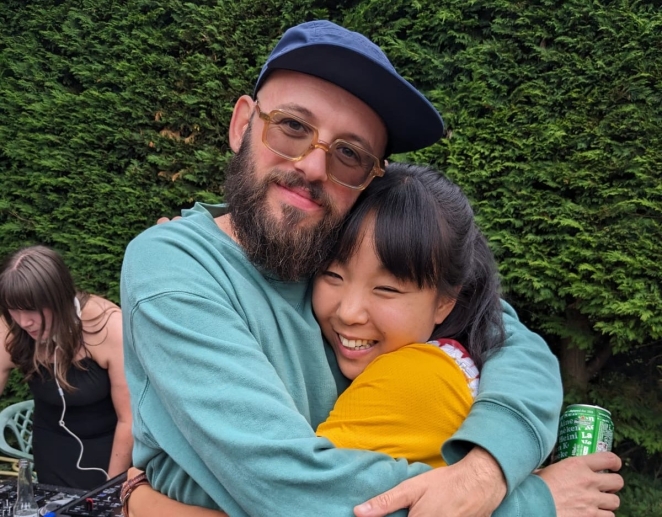
Thankfully things are changing but there’s still a lot more to be done. Real creativity is fuelled by diversity (the best ideas come from people who are different from each other) so the industry will only improve as we become less homogenous.
What are your top tips for aspiring creative professionals?
Don’t give up. It’s tough out there right now (the market, the economy) but we work in an incredibly resilient industry and I have no doubt things will bounce back. Let’s not forget that we’ve already weathered the 2008 recession and the pandemic.
It’s important to focus on the good and not lose hope. With this in mind, I’d recommend that young people in the industry find a mentor. I’ve had the pleasure of mentoring many people over the years and am a huge believer in its power, both for mentors and mentees.
What are your top tips for other creative leaders?
Be kind to yourself. I roll my eyes when people say this to me, but it really is true. Being a leader is tough. There’s a lot of pressure, there’s a lot of responsibility. It can feel lonely at times and when we mess up, it’s easy to kick ourselves and go down a spiral of negativity.

I had the realisation not too long ago that I would never criticise my friends and colleagues the way I criticise myself. It was a sobering moment and I’ve been doing my best to show myself more self-compassion.
When you think about your team, what is the thing that matters to you the most?
I want them to be happy. Life is far too short to not love your job and to not have fun doing what you’re doing. Being happy is subjective but I believe most people will be happy at work if they feel appreciated, if they feel like they’re having a positive impact on the business and if they feel like they’re continually growing.
Learning is a huge part of this and it’s something that’s always been integral to life at Future Factory. We’ve worked hard to make Future Factory a nice place to work and I’m looking forward to supporting and developing our team in new ways in 2024.
Do you have any websites, books or resources you would recommend?
There are some amazing industry podcasts out there. Two that spring to mind are Lucy Mann’s “Small Spark Theory” and Nathan Anibaba’s “Agency Dealmasters.” Lucy is an incredible new business consultant – I’ve got so much respect for her. Her podcast is aimed at helping agencies make small changes to improve their sales and marketing process.
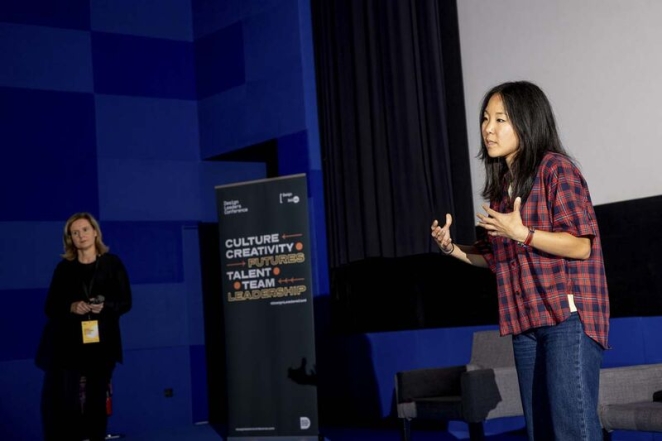
In Nathan’s podcast, he interviews leaders from marketing agencies of all shapes and sizes. He’s got a knack for getting people to open up and is a huge advocate for achieving great diversity in the industry.
